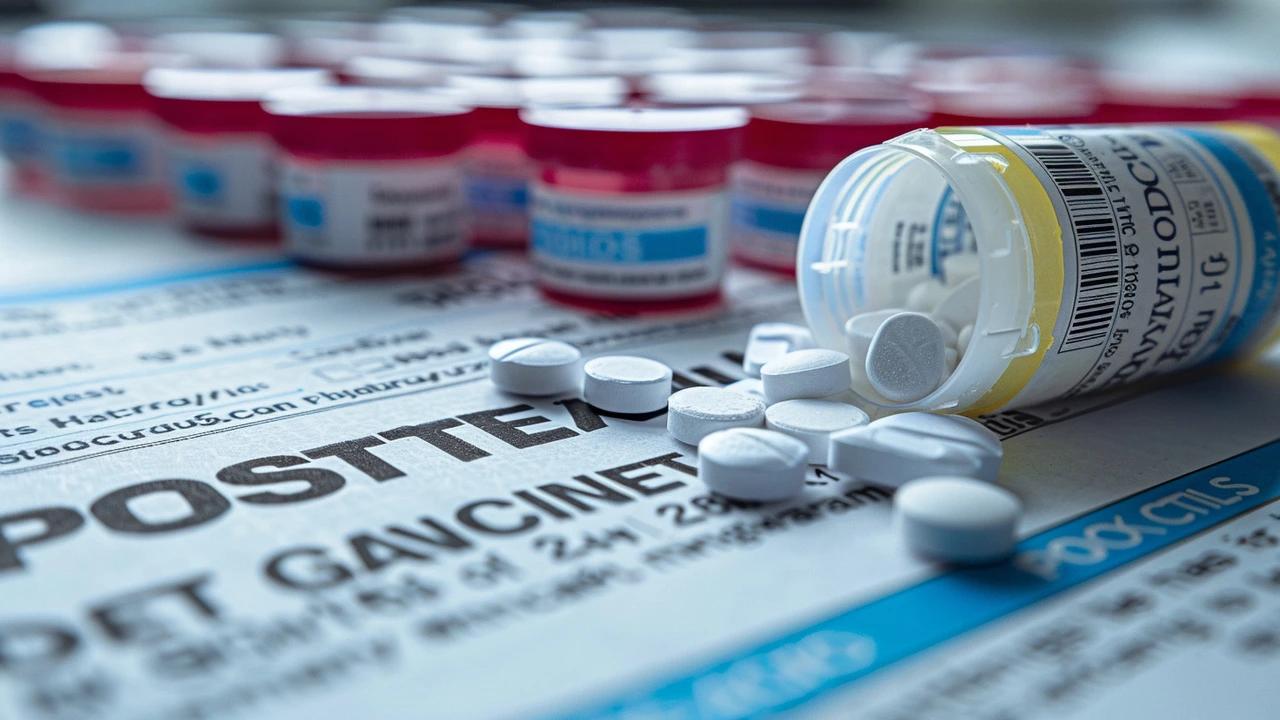COVID-19: Simple, Practical Advice for Staying Safe and Getting Help
Worried you might have COVID-19? Start by checking symptoms: fever, cough, sore throat, loss of taste or smell, congestion, body aches, and fatigue. Some people also have headaches, nausea, or diarrhea. Symptoms can come on quickly or feel mild like a cold—so don’t ignore a new change in how you feel.
If you have symptoms or were exposed to someone with COVID-19, testing is the best next step. Rapid antigen tests give quick results at home and are great within the first few days of symptoms. PCR tests are more sensitive and are better if you need an official result for work or travel. When in doubt, repeat a rapid test 24–48 hours later—early testing can miss an infection.
What to do if you test positive
First, isolate from others to reduce spread. Stay home, wear a mask around others if you must be near them, and improve ventilation by opening windows. Rest, stay hydrated, and treat symptoms with over-the-counter medicines (acetaminophen or ibuprofen for fever and aches). Keep an eye on breathing and oxygen levels—if you have an at-home pulse oximeter, check it and call a provider if readings fall below 92% or if you feel short of breath.
Some people benefit from prescription antivirals like nirmatrelvir/ritonavir (Paxlovid) or molnupiravir. These work best when started within the first five days of symptoms and are usually for older adults or people with health conditions. If you’re high-risk (age, diabetes, heart disease, weakened immune system), contact a healthcare provider quickly to see if treatment is right for you. Don’t start prescription treatments without medical advice—drug interactions and eligibility matter.
Prevention that actually works
Vaccines remain the most reliable protection against severe illness. Stay up to date with recommended shots and boosters for your age and health status. Masks matter in crowded indoor spaces—use a well-fitting N95 or KN95 when community spread is high or you’re around vulnerable people. Hand washing, avoiding close contact with sick people, and improving indoor ventilation are simple, effective steps you can do every day.
Traveling? Check local rules and testing requirements ahead of time. For household members of someone with COVID-19, test on day 5 after exposure or immediately if symptoms start. If you’re exposed but up to date on vaccines and asymptomatic, many local guidelines allow you to continue normal activities with careful mask use and testing—still, err on the side of caution around high-risk people.
Finally, use trusted sources: local health departments, CDC, WHO, or your doctor. Avoid unverified treatments and be careful when buying medicines online—use licensed pharmacies and consult a clinician before taking prescription antivirals or new supplements. If you feel very unwell (trouble breathing, chest pain, fainting, confusion), seek emergency care right away.
Questions about tests, meds, or staying safe at work or with family? Read our related SpringMeds articles or contact a local health provider for personalized advice.

